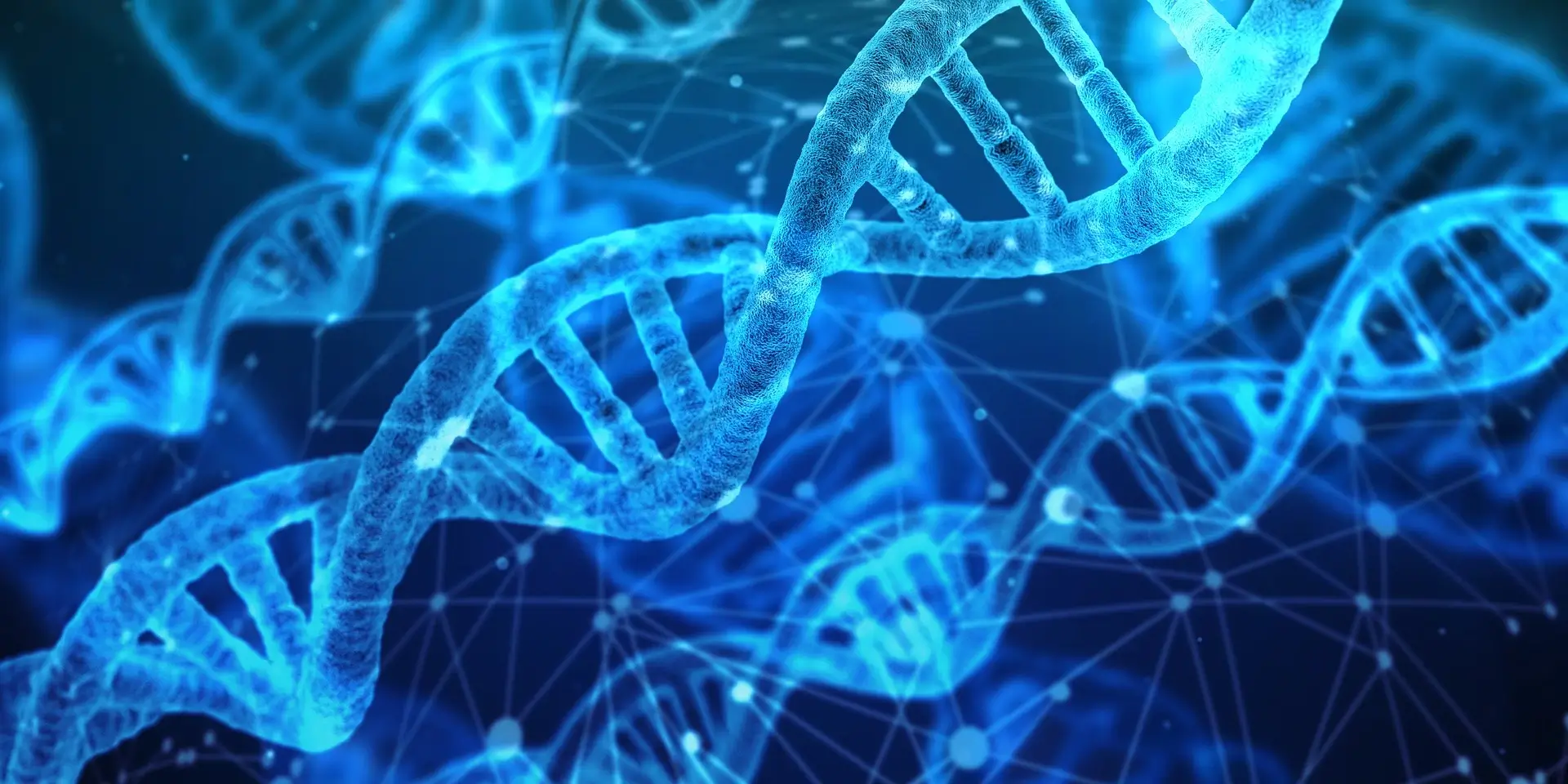Adult Polyglucosan Body Disease
The association MIFNEH promote and support APBD patients
about the disease
What causes the disease?
APBD disease ends as a result of pathogenic changes in both copies of the GBI1 (Glycogen Branching Enzyme) gene
which impair the function of the enzyme, which is used to produce glycogen.
As a result, instead of glycogen, polyglucose bodies are formed which accumulate in an insoluble manner in the various body tissues, including muscles, nerve cells and more.
The disease is multi-systemic and progressive which leads to disability and severe damage to the quality of life of the patients and their environment.

What is APBD disease?
is a very rare hereditary genetic disease that is inherited in an autosomal recessive manner. The disease is pan-ethnic and has the same incidence in men and women. The incidence of the disease is higher among Ashkenazi Jews due to founder father mutations.
It is estimated that among Ashkenazi Jews in the USA, the number of patients is estimated between 3,400 and 6,300 although the known number of those diagnosed is much lower, this is due to late or incorrect diagnosis of the disease.
To which group does the diseas belong?
These diseases result from a failure in the production, storage or breakdown of glycogen, usually due to a genetic defect, and they sometimes manifest differently from one another
the symptoms
Design
The onset of symptoms between the ages of 40 - 60
Design
Neurogenic blister - which manifests itself with urgency or frequency high in urination and urinary leakage
Marketing
Spastic paresis characterized by leg weakness and difficulty walking

Design
Decreased cognitive ability
Design
Unique changes in the white matter as observed in MRI tests
Marketing
Sensory neuropathy (limb amputation)



Recommendations for measuring
the disease
In recent years, the understanding of the connection between body and soul, between our inner feeling, and the physical condition and the appearance of various diseases is increasing more and more. This close relationship is not only a cause and effect relationship expressed in statements such as: "He became really depressed since he was diagnosed with the disease", but a much more complex relationship, between the physical recovery and the mental recovery.
Understanding this relationship is not only important for the professionals, but also and especially for the patients themselves and their family members.
What emotional difficulties may appear?
Coping with mental difficulties following a physical illness can appear in two cases: the first is when the mental difficulty, such as depression and/or anxiety, appears as part of the illness itself.
The very discovery of a disease is a powerful trigger for the appearance of significant mental difficulties, sometimes even before dealing with the physical consequences of the disease.
Common reactions include symptoms such as sadness, withdrawal, decreased mood or the appearance of fears, apprehensions and the intensification of physical symptoms such as pain.
The importance of understanding that every person dealing with a chronic illness is dealing with some kind of loss. The loss can characterize other people who share his illness, but it can also be his private personal loss, related to his past or present or to the unique meaning of this loss for him.
Why is psychological therapy so important for optimal treatment of chronic diseases?
Mental distress has a direct and indirect effect on health. If mental distress is not treated, it may lead to the development of mental disorders such as depression and anxiety, which cause physiological changes (for example, reducing the effectiveness of the immune system), which worsen the condition of the chronic disease, and make it difficult for the person to maintain lifestyle habits that will improve his health (sports activity, proper nutrition, avoiding from smoking and alcohol consumption). In addition, each person has different perceptions and beliefs about his life and his medical condition, which have a unique effect on his coping and adaptation to his illness.
Coping and mental therapy
Referral for diagnosis and treatment of emotional difficulties is important in order to restore a person's quality of life, in order to make it easier for him to cope and in order to help him overcome psychological difficulties that he is dealing with,
It is desirable that the selection of an appropriate mental treatment is made after consultation with a psychiatrist, who diagnoses the emotional difficulty while taking into account the physical illness. There is a branch of psychology called medical psychology whose specialists are especially qualified to help deal with various physical conditions.
